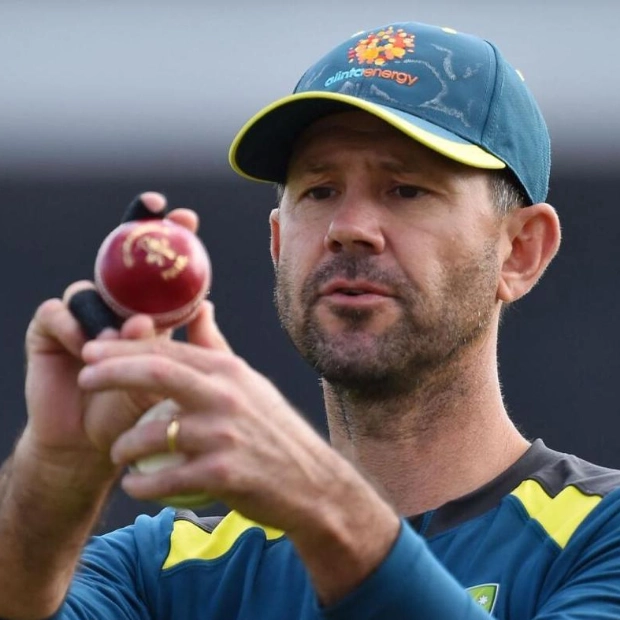A recent study by Khalifa University researchers found that around 40 percent of YouTube users in the UAE consume health-related content (HRC) on the platform before deciding whether to consult a medical professional or adopt certain health practices. The study, which was also published on the UAE Ministry of Health and Prevention's website, surveyed 3,000 YouTube users and revealed that 87 percent have interacted with HRC, with exercise and bodybuilding videos being the most popular.
Dubai resident Jill Dayley, 53, who is not part of the study, told Khaleej Times that she frequently watches videos related to her symptoms to help her decide if she needs to see a doctor. She mentioned her habit of using YouTube to determine the necessity of appointments, a practice she carried from her time in the UK.
Similarly, Mia Nixon, 25, shared her routine of seeking health advice on YouTube several times a week, finding the platform's quick access and multiple opinions more appealing than a single doctor's view. Dr. Alaa Zedan, an Internal Medicine specialist at Burjeel Hospital Dubai, cautioned users about the risks of unverified content on such platforms, emphasizing the potential impact on public health.
The study confirmed a high number of people in the UAE are turning to YouTube for medical advice instead of professional opinions. However, medical professionals stress the importance of seeking advice from trained health experts rather than relying solely on online information. The study focused on a 'user-centred approach', using an anonymous questionnaire to reveal a generally positive attitude among respondents towards using YouTube for health advice.
The research concluded that users not only seek health information on YouTube but also use it as a decision-making tool, which can have significant health implications. The study suggests the need for follow-up research to better understand users' decision-making processes and their retrospective assessments of these decisions.






